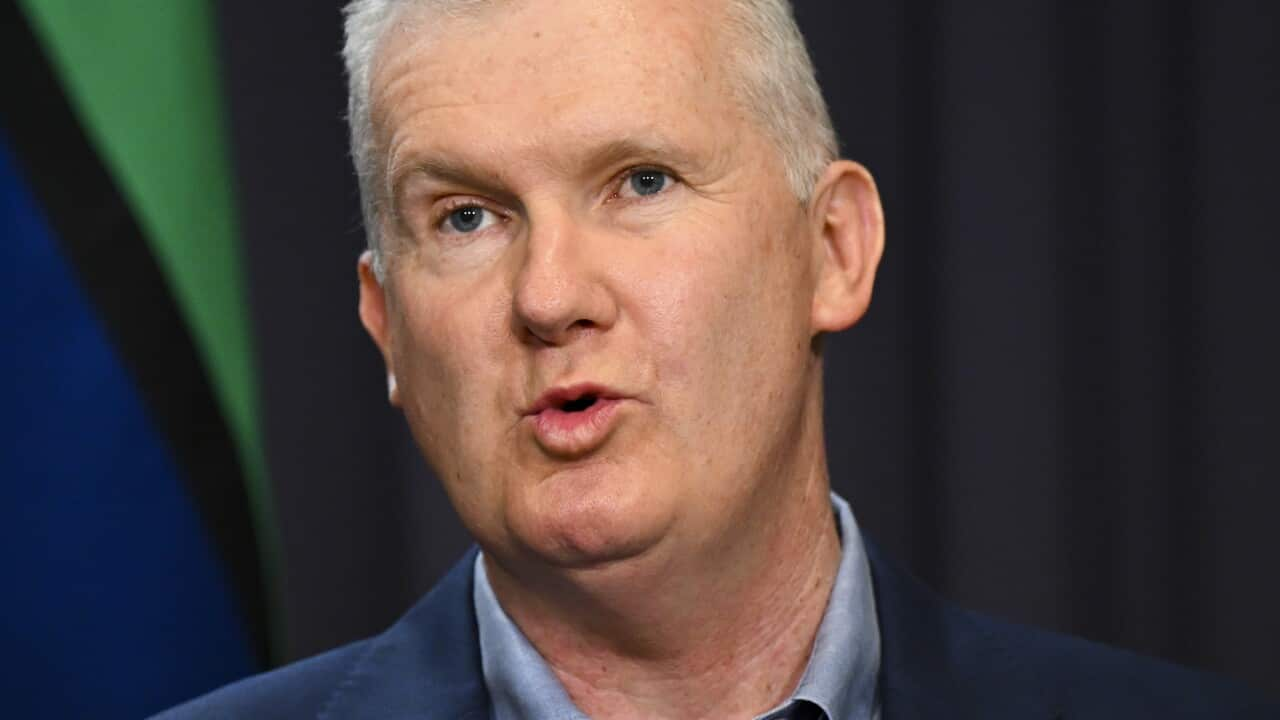Key Points
- University of Wollongong has given staff the choice to work on 26 January, Australia Day.
- It follows similar moves from Australian companies.
- Not everyone sees 26 January as a day to celebrate.
When the University of Wollongong announced this week that it would give staff the choice to work on the 26 January public holiday, it became the latest Australian employer and first tertiary institution to do so.
From this year, fixed-term and permanent employees of the university who opt to work on will be allowed to take either 27 or 30 January off in lieu.
The move comes after consultation with staff unions, and follows several major companies including Telstra, Network Ten, and Woodside Energy introducing similar policies.
Why are employers offering their staff the choice?
The Australia Day public holiday marks the date in 1788 when Captain Arthur Phillip raised the Union Jack in Sydney Cove to claim the land as a British colony.
While some see it as a day to celebrate everything they love about Australia, others are increasingly turning their back on it, with several local councils across the country and other events they have typically held on 26 January.
In a statement announcing its changing policy, the University of Wollongong said it acknowledged 26 January was "not a day of celebration for all Australians" and that it may have "painful associations" for Aboriginal and Torres Strait Islander people.
"That's why, out of respect for all First Nations peoples, in January 2023 all fixed-term and permanent employees of the university will have the flexibility to work on 26 January instead of taking the day as a public holiday," it said.
Other employers have cited similar reasons for their decision.
Associate Professor of employment law at the University of Technology Sydney, Giuseppe Carabetta, said the employers who have introduced such policies are clearly trying to be more flexible and inclusive, especially given 26 January has become a "rather contentious holiday for some workers".
"Some are doing this given in certain sectors," he told SBS News.
"I think particularly smaller employers are saying, 'Well, I cannot up your wages, so I will offer you other benefits'.
"If you're inclined to be more positive, it's also about some employers realising the benefits of increased flexibility and diversity in terms of productivity and workplace culture - and on the back of COVID where there's now an expectation among employees for more flexibility."
Could more employers introduce similar policies?
Associate Professor Carabetta said he expected more employers would introduce flexible policies around 26 January in the future.
"It's starting to take pace now and once the horse bolts with these kinds of things, they tend to become ingrained," he said.
But whether an employer or industry is legally allowed to make changes to its public holiday policies depends on the award or other "workplace instrument", like an enterprise agreement, that applies to them, Associate Professor Carabetta said.
"For other employees not covered by such instruments, the National Employment Standards allow for workplace flexibility arrangements to be agreed to by the parties … and the employer can only refuse the request on reasonable business grounds," he said.
Associate Professor Carabetta said changing policies around 26 January could also lead to some employers offering greater flexibility around working other public holidays - something which is already in place at several Australian workplaces, including financial services firms Deloitte, KPMG, and EY.
He said that would mean people who celebrate cultural and religious events that aren't marked in Australia with a public holiday wouldn't have to resort to using their annual leave.











